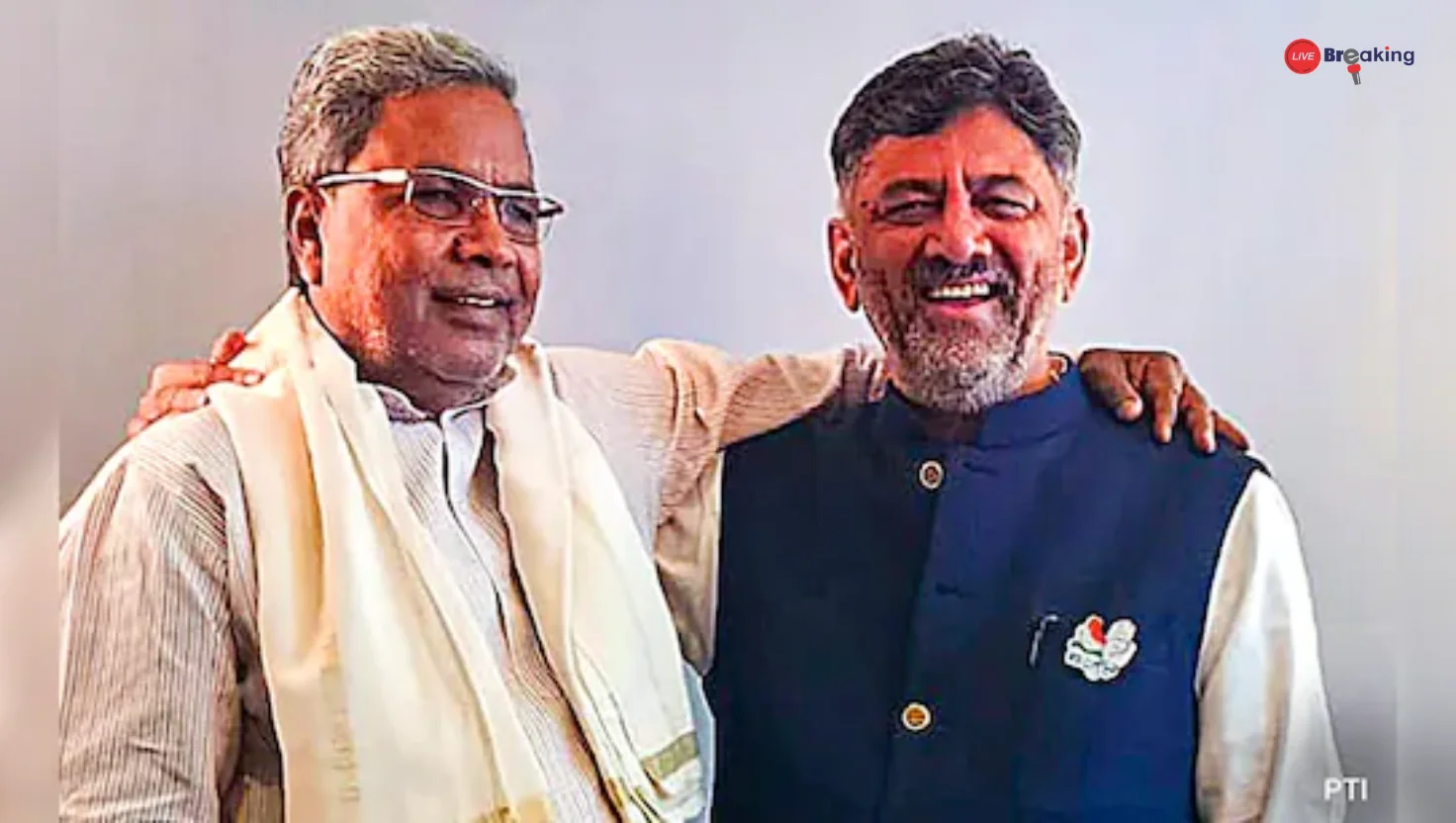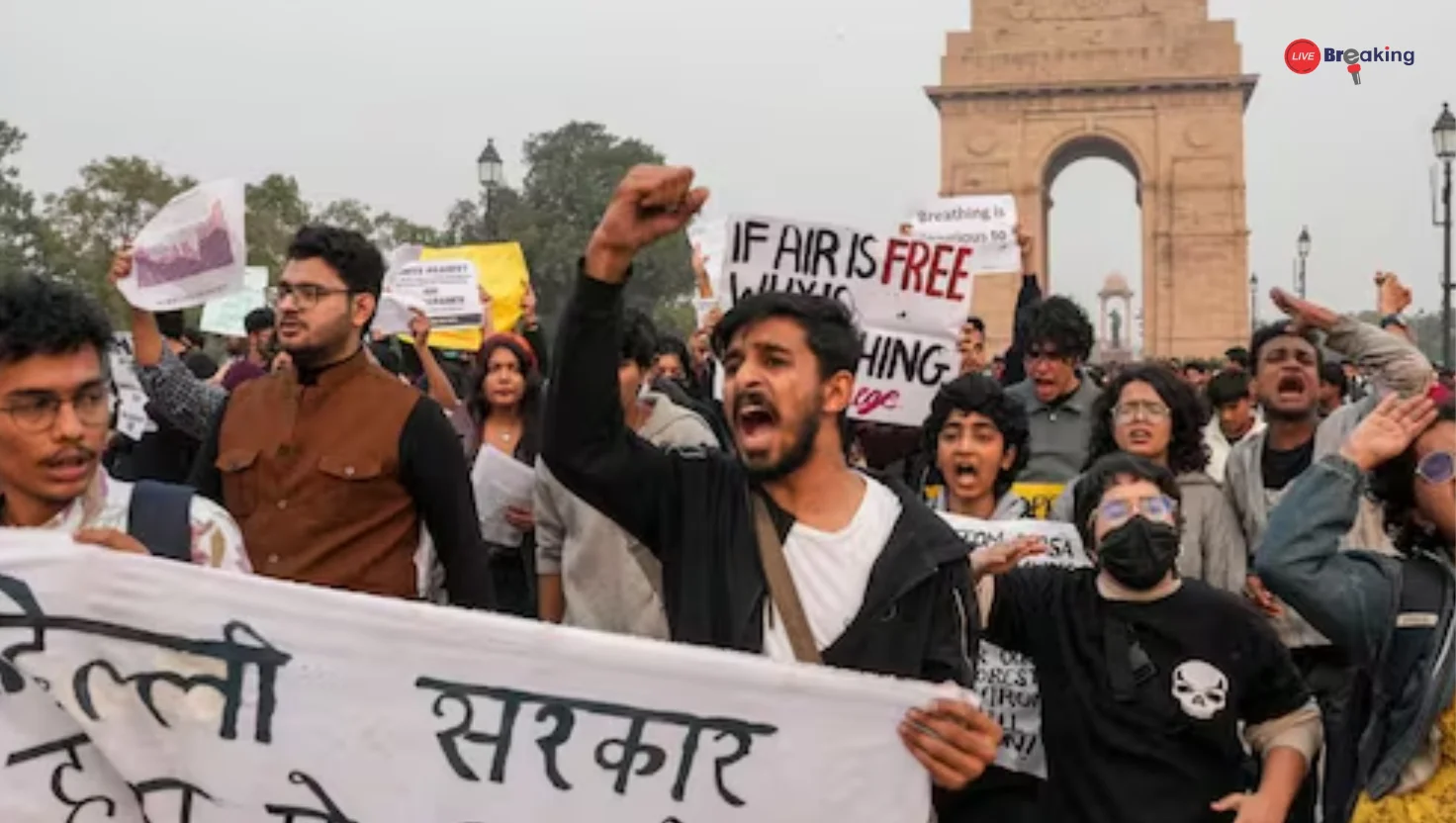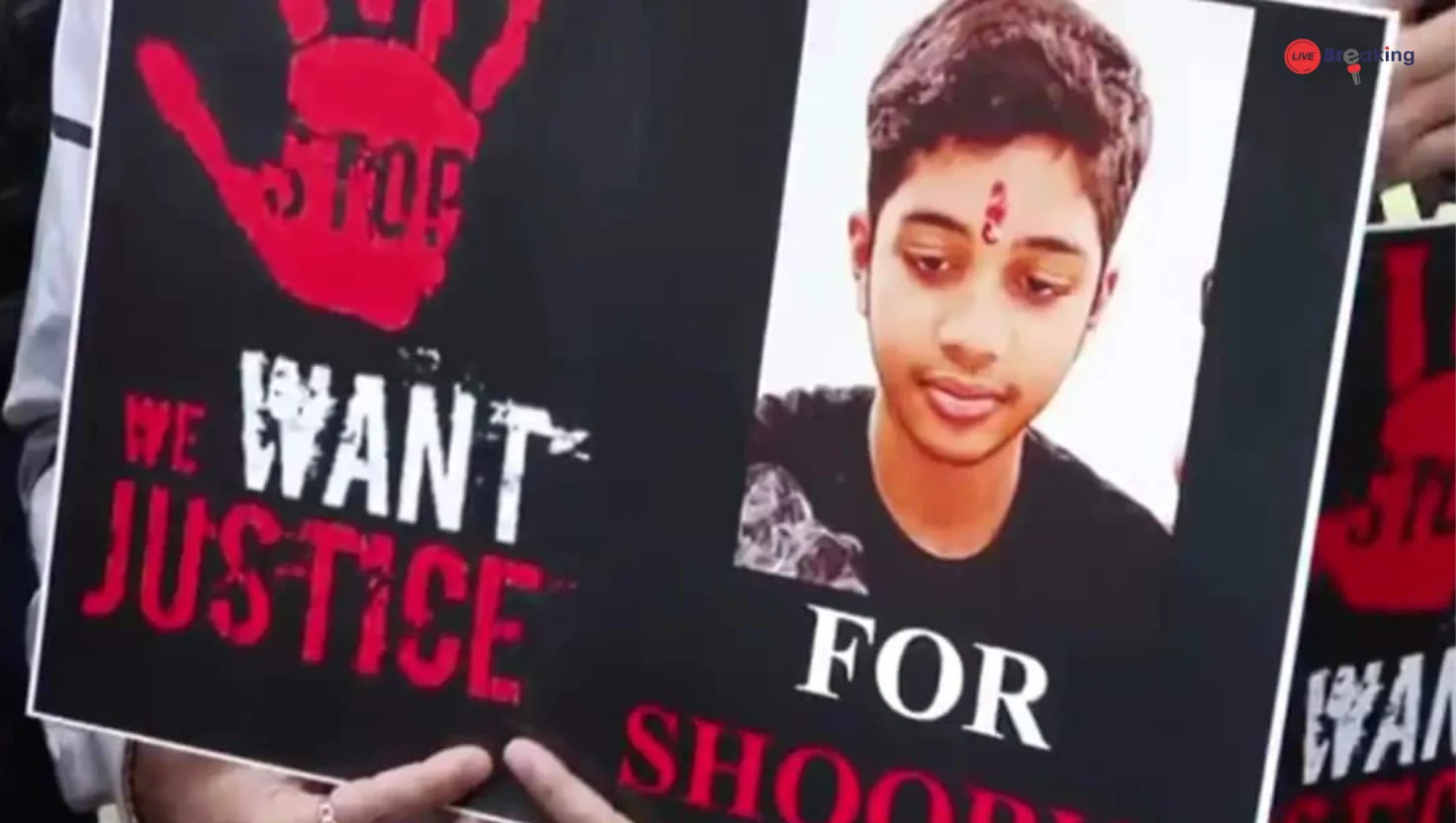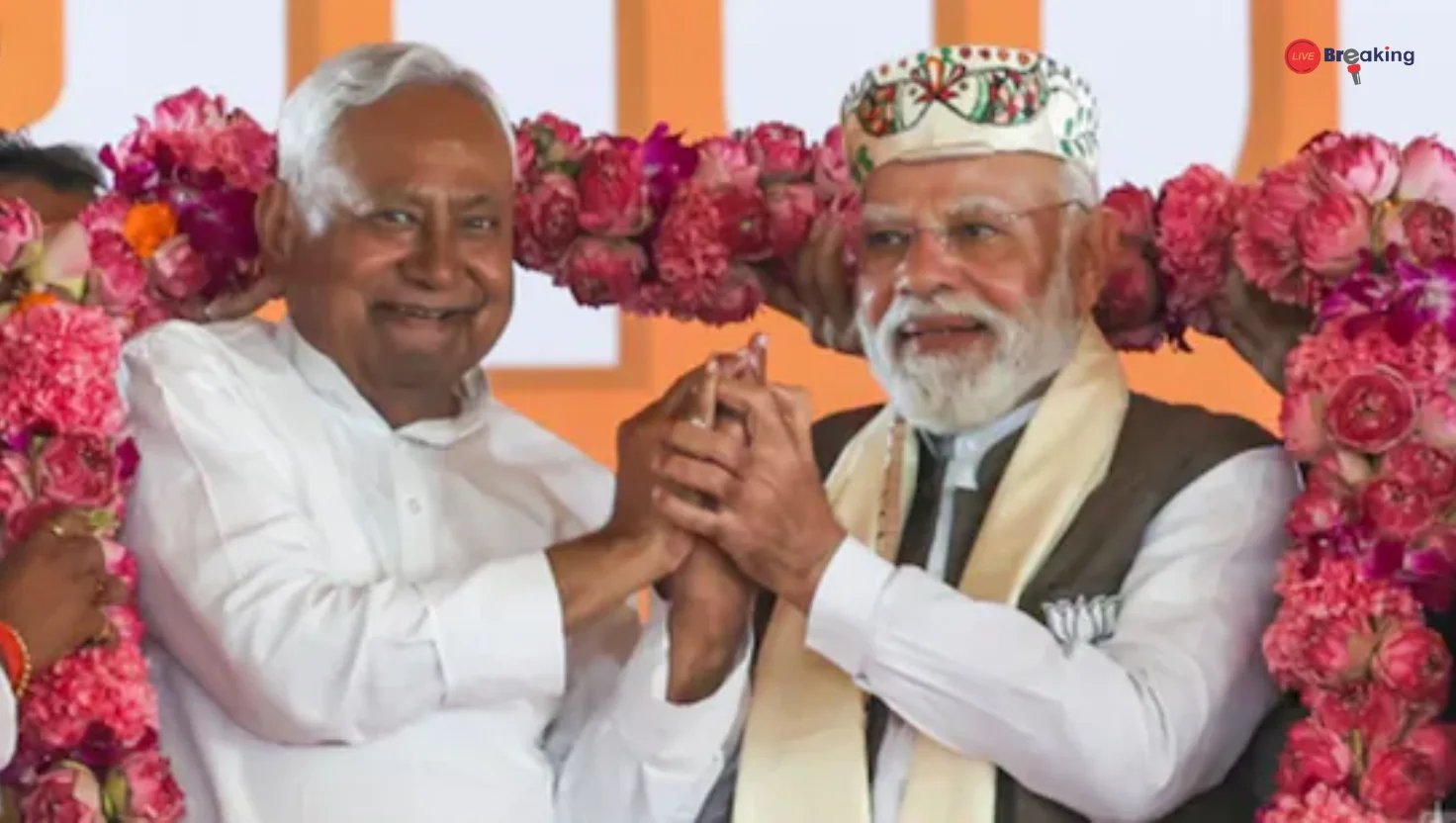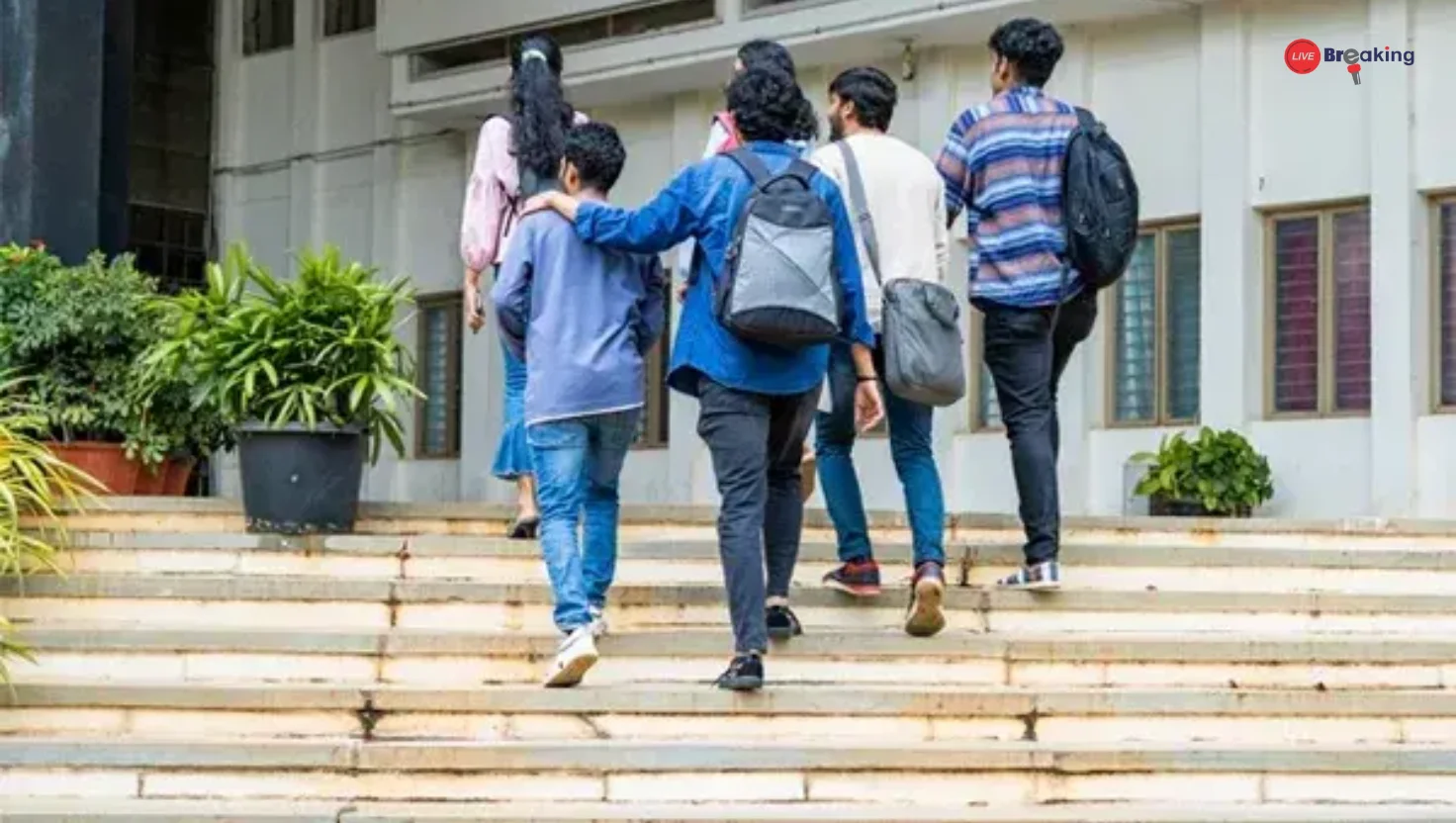‘Should Intruders With Aadhaar Be Made Voter?’ Supreme Court’s Big Question
The intersection of Aadhaar and voter registration has long been a sensitive issue in India. But the debate reached a new peak when the Supreme Court posed a direct and powerful question: “Should intruders with Aadhaar be made voters?” This sharp query not only underscores concerns over the security of the electoral system but also highlights the urgent need for clarity on how Aadhaar is being used for identification and voter enrolment.
At the core of the discussion lies a simple mandate: only Indian citizens have the right to vote. However, the widespread use of Aadhaar as a primary identity document has blurred several lines, especially when Aadhaar itself is not proof of citizenship. As applications grow and systems integrate, the concern is whether the voter registration process is unintentionally opening gates for non-citizens who may have obtained Aadhaar through loopholes or fraudulent channels.
Aadhaar’s Role and Its Limits
The Aadhaar card was originally designed as a unique identity number aimed at coordinating welfare schemes and reducing duplication. It was never meant to establish citizenship. Unlike voter ID documents that require proof of nationality, Aadhaar only verifies identity and residency. This distinction becomes crucial when the question arises: What happens when Aadhaar is used in processes where citizenship verification is mandatory?
Several officials and lawmakers have previously argued that Aadhaar is merely a supporting document. Yet in practice, millions of people rely on it as a primary identity proof for everything from banking to SIM cards—and at times, even for voter registration. This imbalance between what Aadhaar is legally meant to represent and how it is actually used has prompted deeper judicial scrutiny.
Why the Supreme Court’s Question Matters
By asking whether “intruders” could become voters using Aadhaar, the Supreme Court has highlighted a scenario that, though hypothetical, reflects a genuine administrative gap. The court’s concern stems from the possibility of illegal migrants obtaining Aadhaar numbers—sometimes through forged documents or procedural lapses—thereby gaining legitimacy in systems where citizenship is a prerequisite.
This raises broader issues related to:
-
Electoral integrity: If non-citizens enter voter lists, it compromises the authenticity of electoral outcomes.
-
National security: Unauthorized individuals gaining official identity status could misuse it for activities beyond elections.
-
Administrative accountability: There is growing pressure on agencies to ensure strict verification mechanisms.
The Citizenship Factor
Indian law is unequivocal: voting is a privilege exclusive to citizens. The Representation of the People Act mandates stringent verification of nationality for anyone seeking to register as a voter. Yet the operational challenges are immense. In regions with high migration, such as border states, distinguishing residents from citizens can be complex.
Read more: PM Modi Ayodhya Visit: Historic Flag Hoisting Marks a Grand Celebration
While some argue for simplifying processes and linking Aadhaar to voter lists for efficiency, others warn that such steps could weaken safeguards. The Supreme Court’s intervention signals that the judiciary is keen on ensuring that practicality does not overshadow constitutional principles.
Concerns Beyond Illegal Migration
Another dimension is the fear of data mismatch and duplication. Past exercises to link Aadhaar with voter IDs revealed discrepancies—cases of voters being removed due to mismatched data, raising concerns over wrongful exclusions. As the debate continues, the challenge is not just about keeping intruders out of voter lists but also ensuring that genuine citizens are not unfairly disenfranchised.
Balancing Technology and Constitutional Rights
The underlying tension is between modernizing electoral systems through technology and preserving the sanctity of democratic participation. Aadhaar offers speed and digital convenience, but citizenship verification demands precision and constitutional adherence. The Supreme Court’s question symbolizes this friction: How can India embrace technological efficiency without compromising the fundamental requirement that only citizens elect their government?
Read more: Delhi Blast Triggers Panic After Massive Explosives Cache Found in Faridabad
The Road Ahead
The court’s observation is likely to influence future discussions on voter enrolment processes, Aadhaar verification norms, and legislative guidelines. Policymakers may be driven to re-evaluate existing frameworks, introduce stronger checks, or redesign parts of the registration workflow to ensure that Aadhaar is used appropriately.
As India steps closer to major elections in the coming years, the question becomes even more critical. Ensuring that every vote belongs to a legitimate citizen is essential for democratic trust. The Supreme Court’s bold question acts as a reminder that while technology can streamline systems, the essence of democracy lies in safeguarding who gets to participate in the first place.
In the coming months, the debate around Aadhaar, citizenship, and voter rights is expected to intensify. But the message from the judiciary is clear: the right to vote is too sacred to be left vulnerable.



